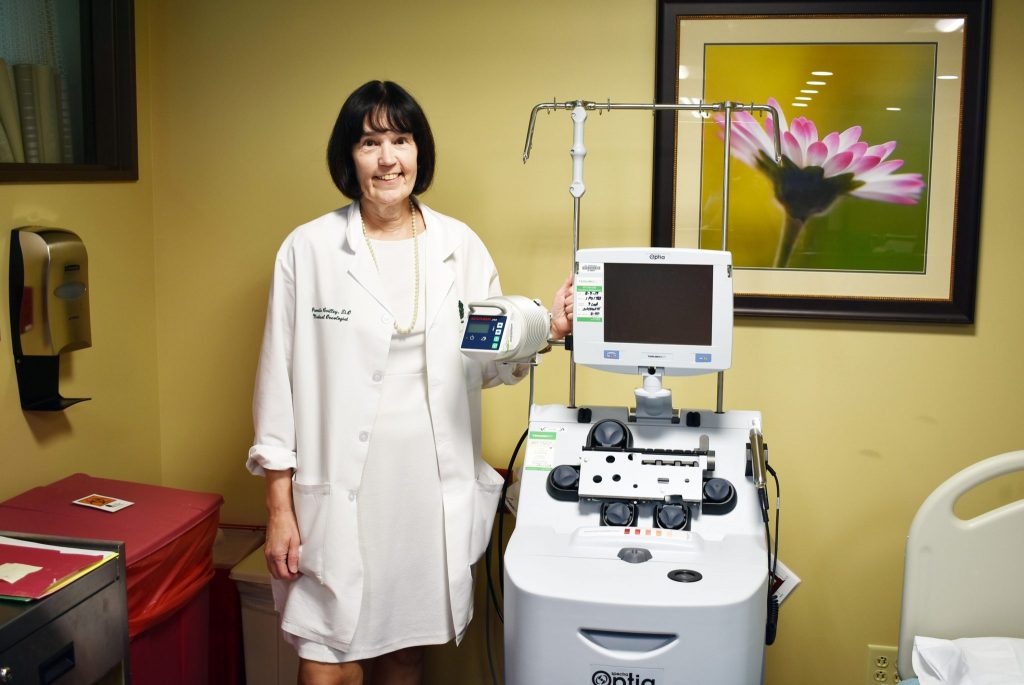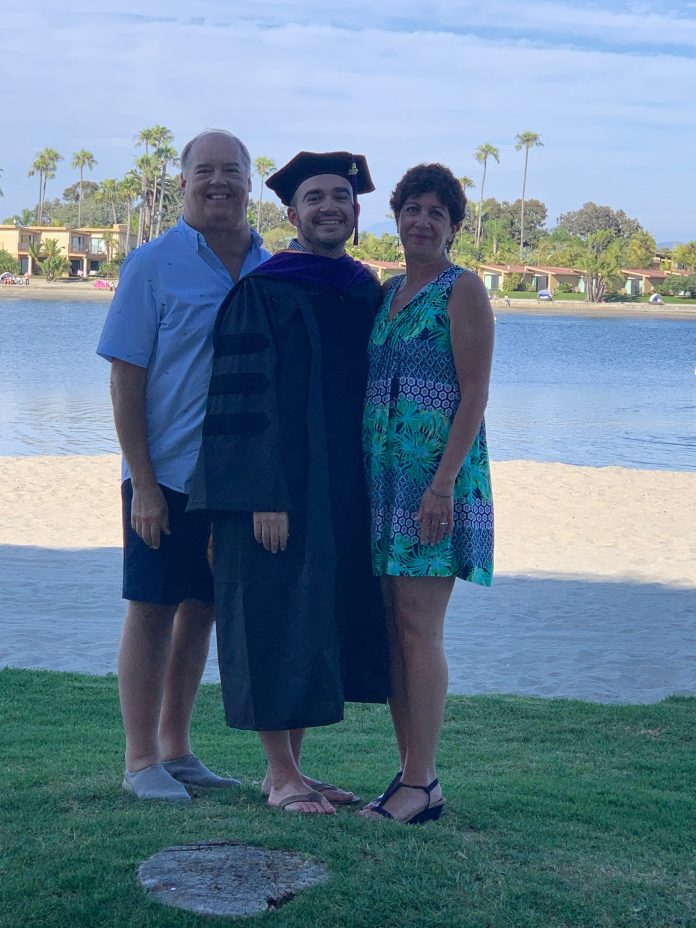When Vincent Turosky noticed he had enlarged lymph nodes over the summer, he was apprehensive to get them looked at professionally. Not only could the results be scary, but during COVID-19, fewer American adults are seeking medical care, even if it’s urgent.
Enlarged lymph nodes can be a symptom of blood cancer, a form of cancer that was diagnosed in the U.S. every three minutes before COVID-19. A chiropractor based in Edwardsville, Luzerne County, Turosky used his local connections to get a biopsy performed.
“A lot of people aren’t that fortunate and won’t push for an appointment or will put it off,” the 58-year-old said.
A study by the CDC showed that as of June 30, an estimated 41 percent of adults are not seeking medical care because of concerns of COVID-19. That number includes 12 percent of adults who avoided seeking emergency care.
When the biopsy found that Turosky had chronic lymphocytic leukemia, a type of cancer in the blood and bone marrow, he knew he would seek treatment at Cancer Treatment Centers of America in Philadelphia, where he regularly recommends his patients go. By the time it was detected, the disease was in an advanced stage.
“I wish I would have pushed myself to say there are treatment centers out there who will take you even during the pandemic,” Turosky said.
At CTCA, Turosky is taking oral medication in addition to supportive nutritional and herbal therapies. He said he’s recovered about 70 percent in just a few months.
Dr. Pamela Crilley, DO, his oncologist, said CTCA uses a combination of old and cutting-edge clinical trials to treat their patients, many of whom are checking in and receiving care virtually.
“I was concerned about what it would be like to examine patients [virtually], but you can learn a lot about observing and interacting with them in their own space,” Crilley said.

As with many medical centers, CTCA rapidly adapted to telehealth services during the pandemic as well as adding requirements for patients and guests physically visiting the site. Crilley said that some of her patients live states away and no longer have to travel to receive care.
Dr. Pat Basu, president and CEO of Cancer Treatment Centers of America Global Inc., referred to the curve of cancer during COVID-19 as the “shadow curve,” saying annual cancer screenings are still one of the best ways to detect and beat the disease, even during the pandemic.
September was blood cancer awareness month, which can frequently manifest as leukemia, Hodgkin lymphoma and non-Hodgkin lymphoma, and multiple myeloma. Although symptoms may vary, Crilley said common symptoms may include enlarged lymph nodes on the neck or under the arms, frequent infections, fever or being drenched in sweat.
Other symptoms may include bone/joint pain, nausea and headaches. For Turosky, he experienced losing his voice, having difficulty swallowing and swelling in one leg. ••





